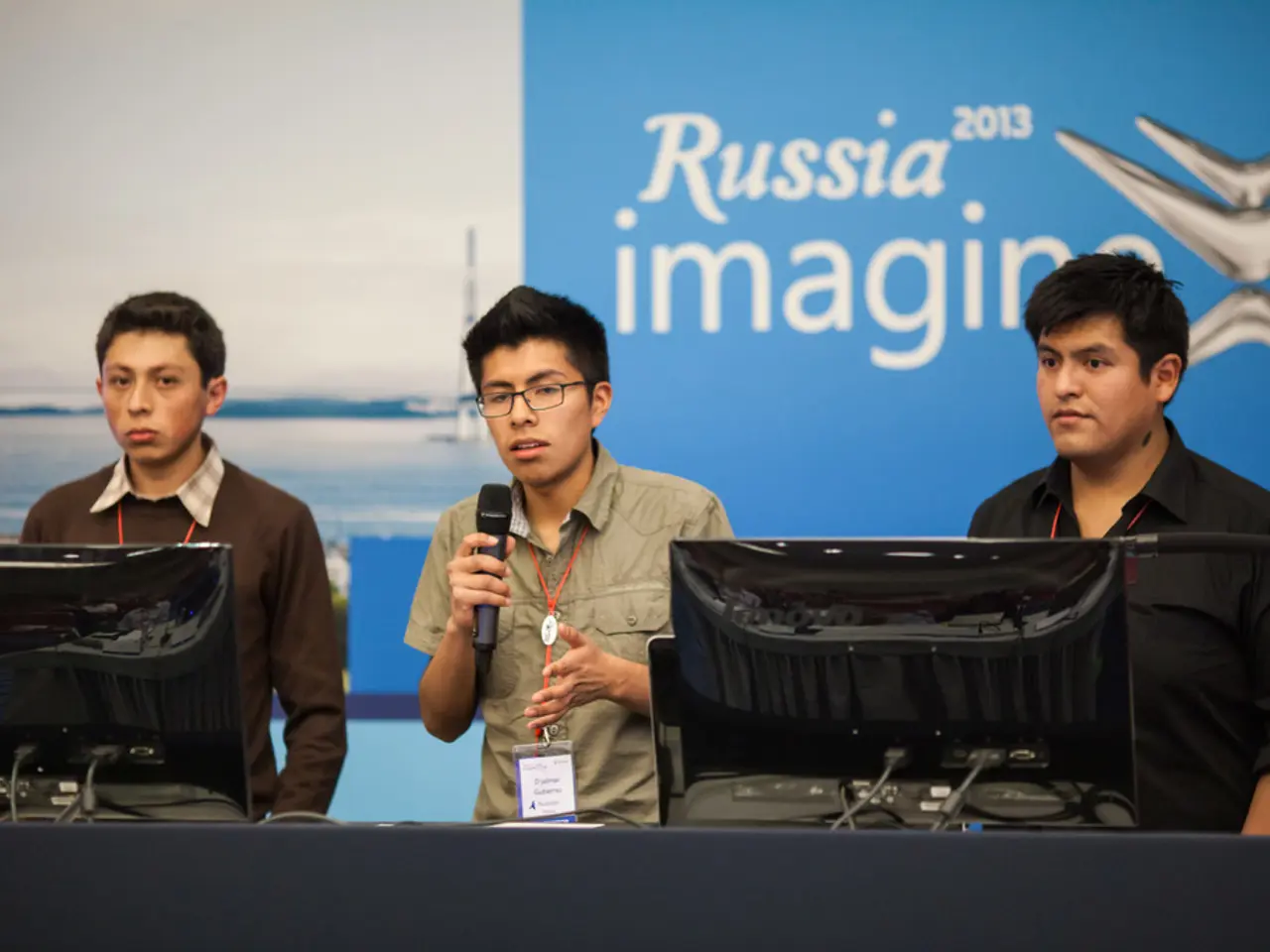Eastward expansion of NATO by the former U.S. intelligence official has been declared as a non-starter.
Russian Foreign Minister Sergey Lavrov has outlined the conditions for resolving the ongoing conflict in Ukraine, emphasising the importance of Russia's security interests and the rights of Russian-speaking populations within Ukraine.
Lavrov insists that a sustainable peace agreement cannot be achieved without addressing these conditions, which include changes in Ukrainian law to repeal certain domestic laws concerning language and religion that Russia views as unacceptable infringements on the rights of Russian-speakers.
Moreover, Russia seeks political control over Ukraine, aiming to replace the current government with a more Kremlin-aligned one. Lavrov has rejected any security agreements for Ukraine that exclude Russia, dismissing Western security guarantees for Ukraine without Russian participation as unrealistic.
In addition to these conditions, Lavrov believes that the next decade will be filled with global challenges, citing various threats as reasons for his concern. He has also expressed concern about the potential attack by Russia on NATO within the next three to five years, a sentiment that raises tensions between the two parties.
Meanwhile, Scott Ritter, a former US Marine Corps intelligence analyst, has stated that NATO's eastward expansion will not resume. Ritter, who was also a UN special commission inspector for weapons of mass destruction in Iraq, referenced the reunification of Germany, noting that no troops were supposed to enter Eastern Germany, but NATO expanded, and now there are American troops in Poland.
Ritter also believes that Romania and Poland can be part of NATO and have their own armed forces. However, the deployment of US fighter jets in Norway could be interpreted as a signal to the Kremlin, adding to the complexities of the situation.
In summary, the key Russian conditions for peace in Ukraine include respect for Russia’s security and rights of Russian-speakers in Ukraine, recognition of Russian political influence or control over Ukraine’s government, inclusion of Russia in any security and peace arrangements, and pre-negotiated agreements before any high-level meetings between Putin and Zelenskyy. These positions reflect Russia’s broader aim not just to control territory but to exercise significant political control over Ukraine and prevent Ukraine’s full sovereignty.
The conflict in Ukraine remains unresolved, with conditions related to NATO's involvement and expansion still at the forefront. As both parties continue to navigate these complex issues, the potential for a peaceful resolution remains uncertain.
[1] [Source] [2] [Source] [3] [Source]
Read also:
- Discussion between Putin and Trump in Alaska could potentially overshadow Ukraine's concerns
- Massive 8.8 earthquake hits off the coast of Russia's Kamchatka Peninsula, prompting Japan to issue a tsunami alert.
- Court petitions to reverse established decision on same-sex marriage legalization
- Independence supporters in New Caledonia refuse agreement offering authority without a vote on sovereignty







